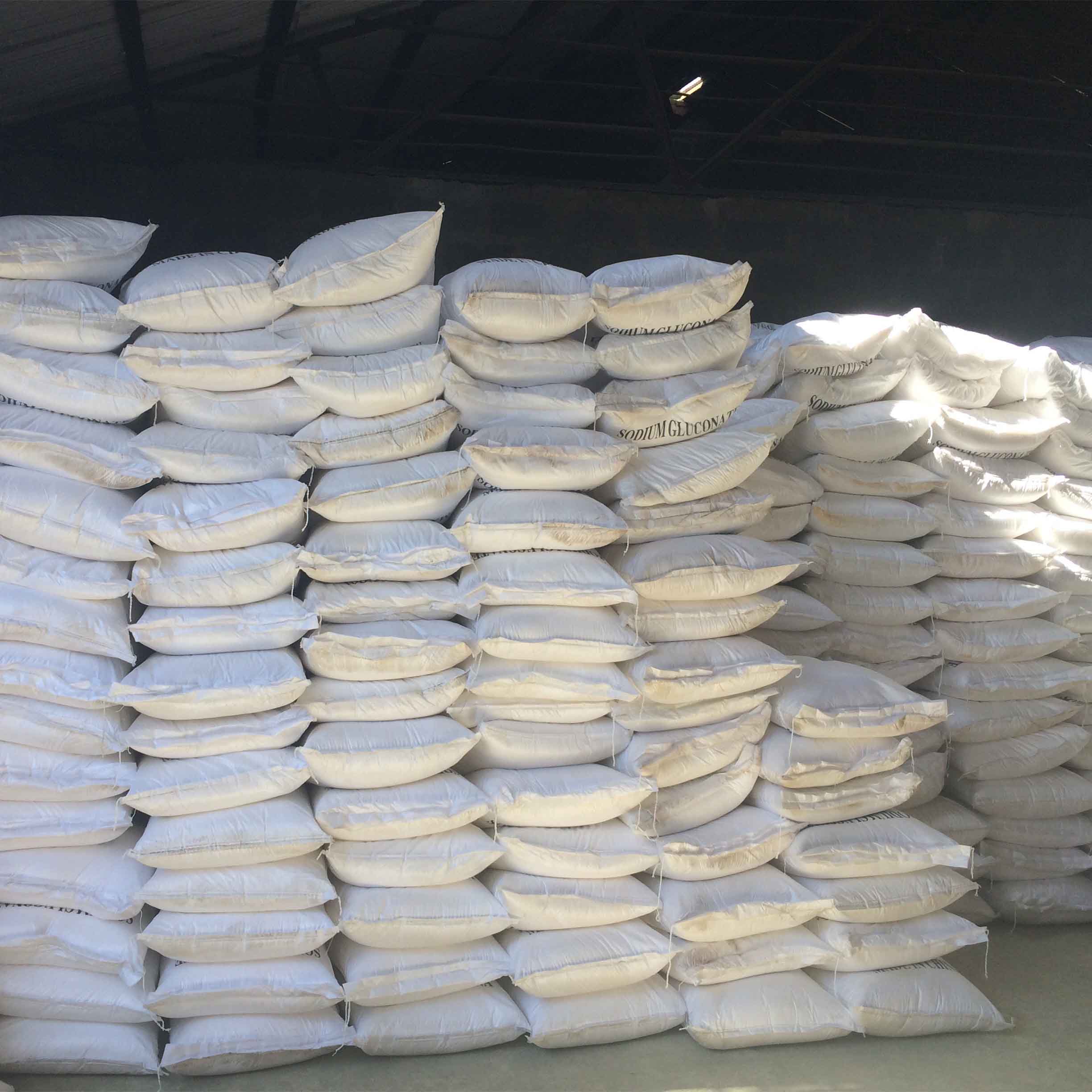Choosing the Best Organic Liquid Fertilizer for Your Garden
Understanding the components of organic liquid fertilizers is essential for gardeners. These fertilizers are made from natural sources and are free from synthetic chemicals. They provide a balanced nutrient supply, promoting healthier plant growth. Choosing the right organic liquid fertilizer depends on your soil’s needs and the specific requirements of your plants.
Organic liquid fertilizers are easy to apply and are quickly absorbed by plants. This fast action helps in correcting nutrient deficiencies in a timely manner. Moreover, these fertilizers help in improving soil structure and increasing microbial activity, which is beneficial for plant health.
It’s important to consider the NPK (Nitrogen, Phosphorus, Potassium) ratio when selecting an organic liquid fertilizer. Each component plays a crucial role in plant growth: Nitrogen for leaf development, Phosphorus for roots and flowers, and Potassium for overall health.
When applying liquid organic fertilizers, it’s crucial to follow the recommended dosages. Over-fertilization can harm plants and disrupt soil balance. It’s often recommended to apply smaller amounts more frequently for consistent growth.
Lastly, organic liquid fertilizers are environmentally friendly, reducing the risk of water contamination and soil degradation, making them a sustainable choice for gardeners.
Effective Organic Fertilizer Solutions for Hydroponic Systems
Hydroponic gardening, where plants are grown in a water-based, nutrient-rich solution, requires specific types of fertilizers. Organic fertilizer for hydroponics is specially formulated to dissolve easily in water, providing essential nutrients to plants in a readily absorbable form.
Using organic fertilizers in hydroponic systems ensures a toxin-free growth environment. This not only benefits plant health but also ensures that the produce is safe and healthy for consumption.
One of the challenges in using organic fertilizers in hydroponics is ensuring the right nutrient balance. It’s important to regularly test the nutrient levels in the water to maintain optimal plant growth conditions.
Organic liquid fertilizers for hydroponics often include fish emulsions, seaweed extracts, and worm tea. These provide a wide range of nutrients and also enhance the microbial life in the water, which is beneficial for plant roots.
Regular maintenance, such as cleaning the system and replacing the nutrient solution, is crucial to prevent the buildup of organic matter, which can clog the system and affect plant growth.
Boosting Vegetable Growth with Organic Liquid Fertilizers
Vegetable gardens thrive with the use of organic liquid fertilizer for vegetables. These fertilizers not only provide essential nutrients but also improve the soil quality, leading to healthier vegetable plants.
Organic liquid fertilizers release nutrients slowly, ensuring a consistent supply throughout the growing season. This gradual release is particularly beneficial for vegetables, which require a steady nutrient supply for optimum growth.
Varieties such as leafy greens, root vegetables, and fruiting plants each have different nutrient requirements. Tailoring the type of organic liquid fertilizer to these specific needs can lead to higher yields and better-tasting vegetables.
Applying organic liquid fertilizers can be done through foliar feeding, where the fertilizer is sprayed directly onto the leaves, or through soil application. Both methods are effective, but foliar feeding can provide quicker nutrient uptake.
Regular use of organic liquid fertilizers can also lead to improved soil health, which benefits the entire garden ecosystem, leading to more resilient and productive vegetable plants.
Enhancing Tomato Plants with Specialized Liquid Organic Fertilizers
Tomatoes, being heavy feeders, benefit significantly from the use of liquid organic fertilizer for tomatoes. These fertilizers provide a balanced nutrient profile that supports all stages of tomato growth, from seedling to fruiting.
Tomatoes require higher amounts of phosphorus and potassium during the flowering and fruiting stages. Using a liquid organic fertilizer with an appropriate NPK ratio can significantly enhance fruit size and quality.
It’s essential to apply fertilizer at the right times during the tomato plant’s life cycle. For instance, high nitrogen levels are beneficial during the vegetative stage, but should be reduced during flowering and fruiting.
Organic liquid fertilizers also contribute to the overall health of the soil, which in turn supports the growth of strong, disease-resistant tomato plants. Healthy soil leads to healthy plants, which are better equipped to resist pests and diseases.
Lastly, choosing organic fertilizers ensures that the tomatoes are free of harmful chemicals, making them safer and more nutritious for consumption.
Choosing Organic Liquid Fertilizers for Sustainable Gardening Practices
Adopting organic liquid fertilizers aligns with sustainable gardening practices. These fertilizers are derived from natural sources and are biodegradable, minimizing environmental impact.
Organic fertilizers improve soil health over time, enhancing its water retention and nutrient availability. This creates a virtuous cycle where healthier soil supports healthier plants, reducing the need for synthetic interventions.
Using organic liquid fertilizers also supports biodiversity in the garden. They enhance microbial activity in the soil, which is crucial for nutrient cycling and plant growth.
Gardeners who use organic fertilizers contribute to the reduction of chemical runoff into water bodies, thus protecting aquatic ecosystems and reducing pollution.
Lastly, organic gardening practices, including the use of organic liquid fertilizers, promote a healthier environment for gardeners, their communities, and the planet as a whole.



